SUMMARY
This is AI generated summarization, which may have errors. For context, always refer to the full article.
 |
| Shakira Andrea Sison |
NEW YORK – When a “friend” died of a prolonged illness last week, she had asked that all her “friends” be at her bedside for her final moments. In all the teary faces in that dim room at three in the morning, I saw all the characters who would attempt to play the different roles my friend’s absence would create, including that of co-parent to her two small children.
Last year when another “friend” passed away weeks after delivering twins, it was her circle of friends who stepped up to create a network of hands and arms and bodies for the partner she left, as well a mob of eager aunties and uncles for her babies.
On both tragic occasions, we all knew our efforts to understand the pain of loss would be futile, and we will always feel inadequate in our attempts to help. But we still show up, offering words and hugs that, while heartfelt and well-meaning, must feel just a little more than empty to the ones they left behind. But we still come every time we are called (and even when we’re not) because this is our family.
This is why my colleagues’ reactions to my loss of “a friend” were a little disorienting. There were many words of comfort and a lot of compliments about how we were such “good people to be there for a friend,” but the surprise in their reactions made me wonder if they’ve ever experienced ties between unrelated people the way we’ve had to hang on to them for most of our lives.
I belong to a small circle of gay Asian immigrant women in New York City. Being a young immigrant was enough reason to be isolated from my family, but a lesser known truth among gay communities is that our homosexuality has further kept us from our own culture and from the complete understanding of our families.
A large number of my friends are not out to their families, or have parents who refuse to speak of their sexual orientation. An even more significant number have partners who are rejected by their families, a few have been disowned, emotionally abandoned, or whose partners and children are merely tolerated, if acknowledged at all.
Because of this, we hang on to each other as family members not because we have no other choice but reel from the loss of our own birth families. We do this especially because it is mostly in each other that we are able to achieve complete and true understanding of each other’s relationships as lovers, as parents and as friends.
Unspoken restrictions
We know that when we gather, we can speak about our marriages and our families and identify with each other’s concerns. Without explanation, we recognize the unspoken restrictions in each other’s workplaces or the dangers that exist anywhere beyond our homes’ doors.
We know that in that particular room, everyone’s love and acceptance do not depend on cultural norms. We are sure that our partners will be included in all our photographs, and we will not be told to be careful in declaring our lovers our next-of-kin. Our relationships will never be viewed as less meaningful because they’re not bound by law or by God. In our gatherings, we are certain that our life partners will not be called our roommates or our “special friends.”
Every holiday season is a reminder for us to honor our families as we always have, but maybe it’s also time to pay special attention to the other kinds of families around us. Either by choice or circumstance, there are many nontraditional families in our midst that have the same needs of togetherness and celebration just like any other nuclear family.
I hope that as years pass and as atypical families become more and more visible, the strong ties in gay communities will not be undermined and our duties to each other will no longer be treated with surprise.
As a part of an immigrant minority in the past decade, I’ve learned that blood definitely isn’t required to bind. In biological families we don’t always agree with or understand each other, but we’re still expected to fulfill obligations as required. In circles where we actually do understand each other, shouldn’t we have stronger ties?
The fact is that we actually do, and this reality is something that we see in our communities everyday.
But somehow the value and strength of these ties become diluted when viewed from the outside, partly because of a lack of a stronger word for “friend,” but mostly due to our collective inability to accept that regardless of appearance, gender, structure or circumstance, the only real requirement of a family is love.
Happy Holidays and a Peaceful New Year! – Rappler.com
Add a comment
How does this make you feel?

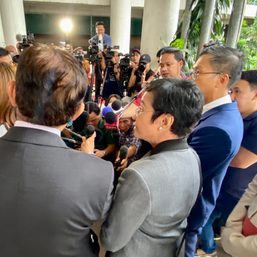


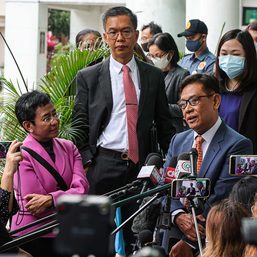
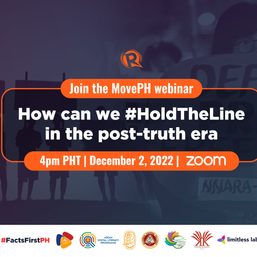
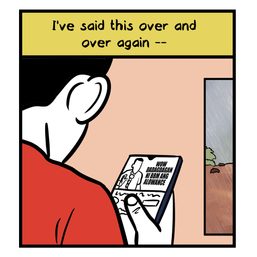
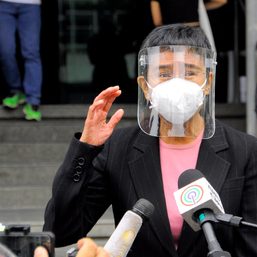
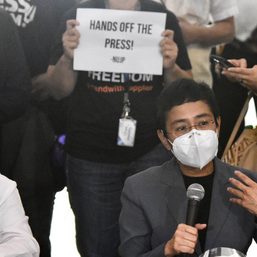
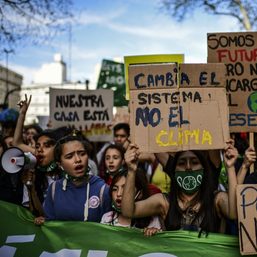
There are no comments yet. Add your comment to start the conversation.